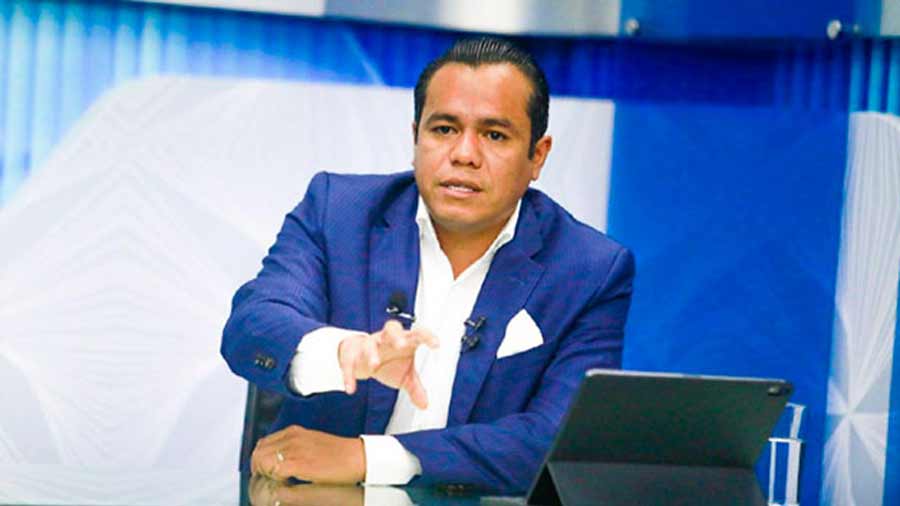
Finance Minister Alejandro Zelaya confirmed this in an interview with the international media Reuters. A stand-by agreement with the multilateral body carries with it financial and fiscal obligations that the country must adopt.
Finance Minister Alejandro Zelaya confirmed that El Salvador is talking to the International Monetary Fund (IMF) about securing $ 1.3 billion in funding and sees a “golden opportunity” to revitalize its economy.
BESIDES:Bukele government is negotiating an agreement with the International Monetary Fund
Minister Zelaya said in an interview with international media Reuters that El Salvador wants the IMF to approve a 36-month extended line of credit, similar to the program announced this week for the Central American country Costa Rica.
“It will help us take advantage of the budget gaps for 2021, 2022 and 2023,” and it will help reduce the high costs associated with El Salvador’s debt, Zelaya said.
Zelaya said IMF financing should make El Salvador’s debt and public spending sustainable.
“We need (by 2021) funding of about $ 2 billion, including the short-term debt management plan,” he added.
BESIDES: Bankers see viable a financial agreement between the Government and the IMF
Banking sector approves the agreement
The Salvadoran banking sector yesterday agreed with the government reaching a financial agreement with the International Monetary Fund (IMF) as it says this could ensure fiscal stability for the government and help achieve greater economic growth.
“An agreement with the Fund would send a very positive signal to investors and would help improve the country’s sovereign risk rating,” said the president of the Salvadoran Banking Association (Abansa), Raúl Cardenal.
According to the representative of the banking system, they have understood that in recent months there have been government meetings with the IMF to reach a financial agreement, which makes them think that this would materialize soon.
To have an agreement with the IMF is to assume a series of fiscal commitments, many of which are not popular with the population, starting with their main requirement: raising the Value Added Tax (VAT) and continuing with the application of ‘a property tax and the implementation of cost containment measures, including the reduction of public jobs.
Cardenal stressed that the IMF approved this week a financial agreement with Costa Rica for $ 1.7 billion over 36 months, which provides for a reduction in the fiscal deficit in the medium term.